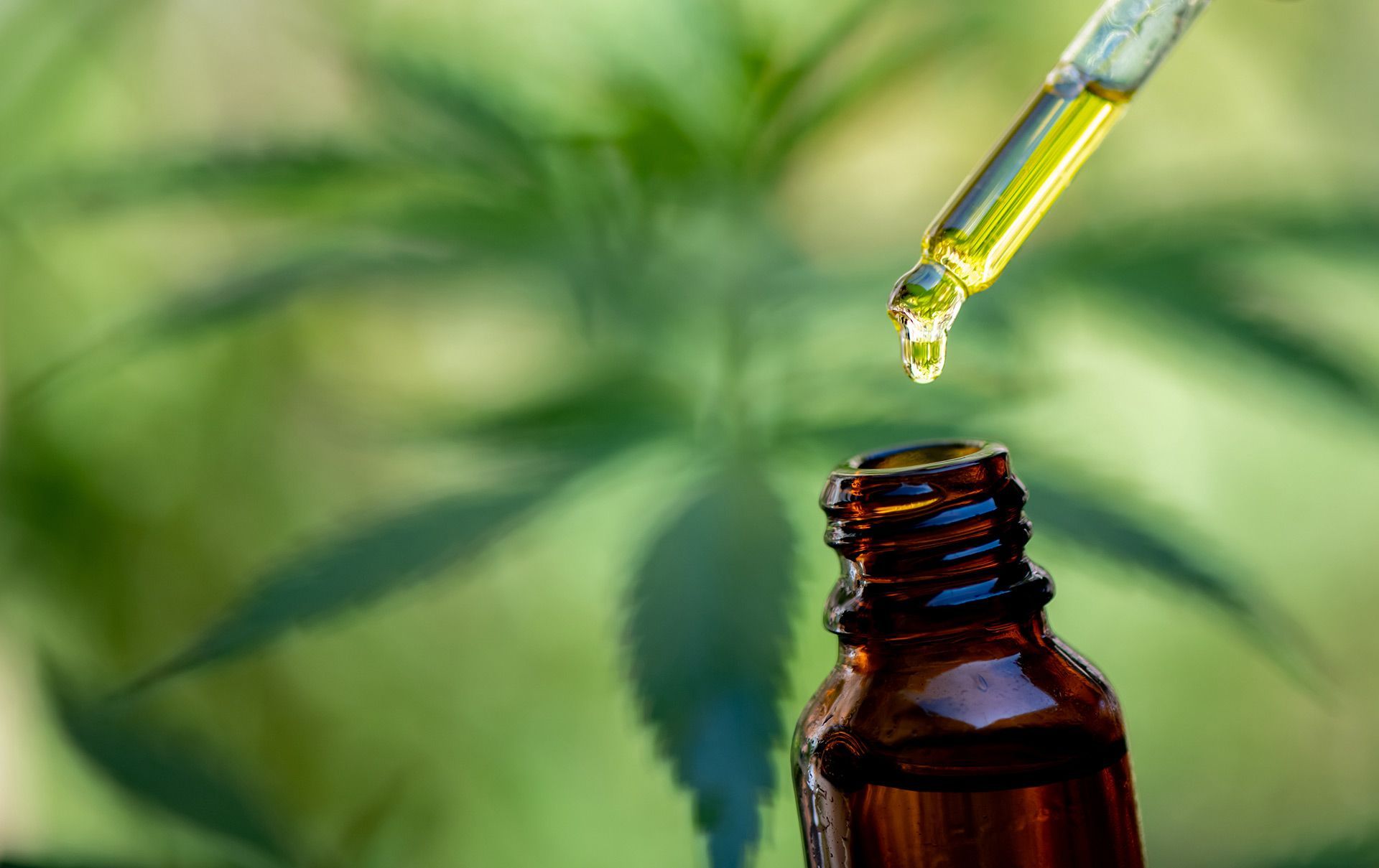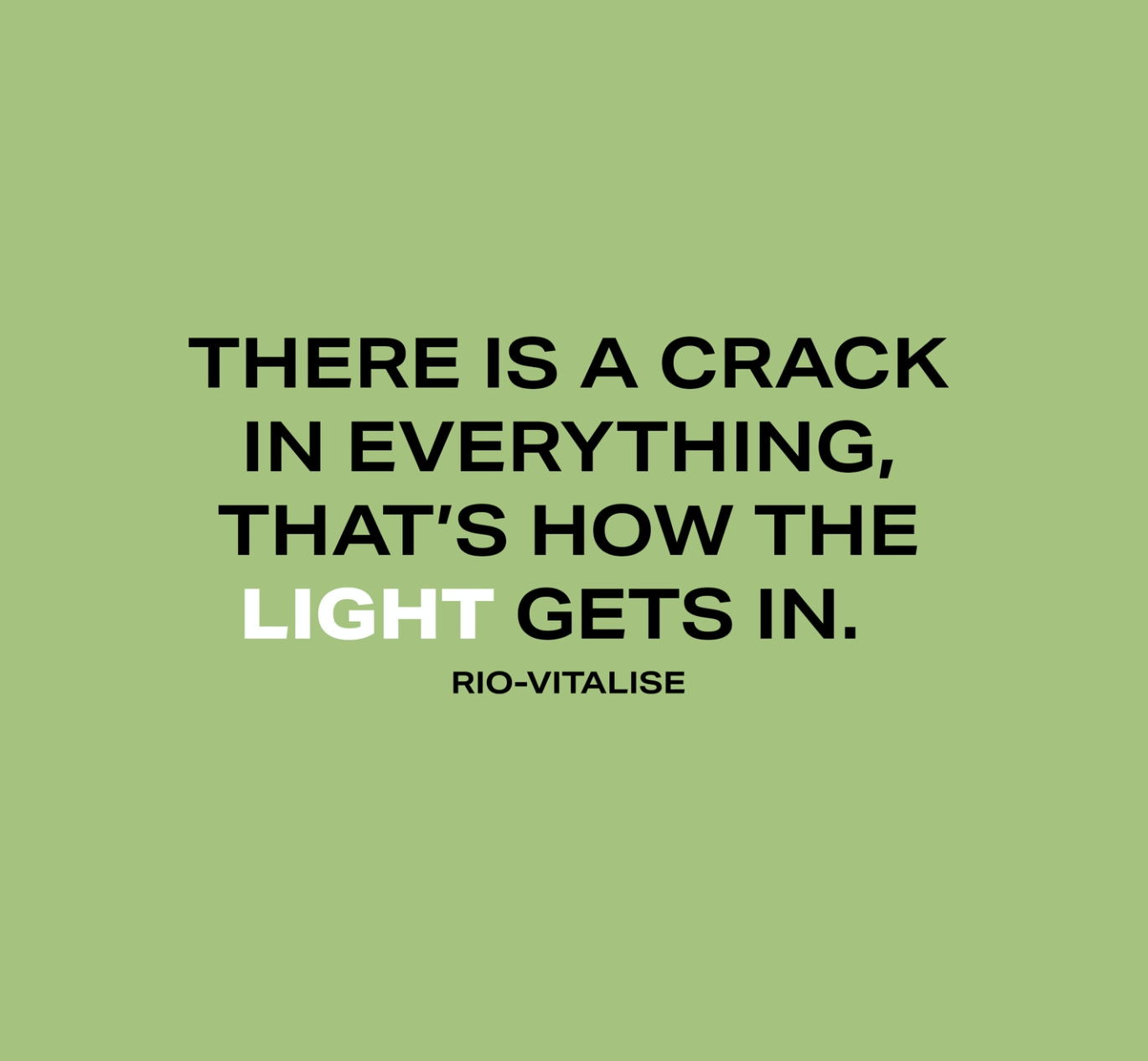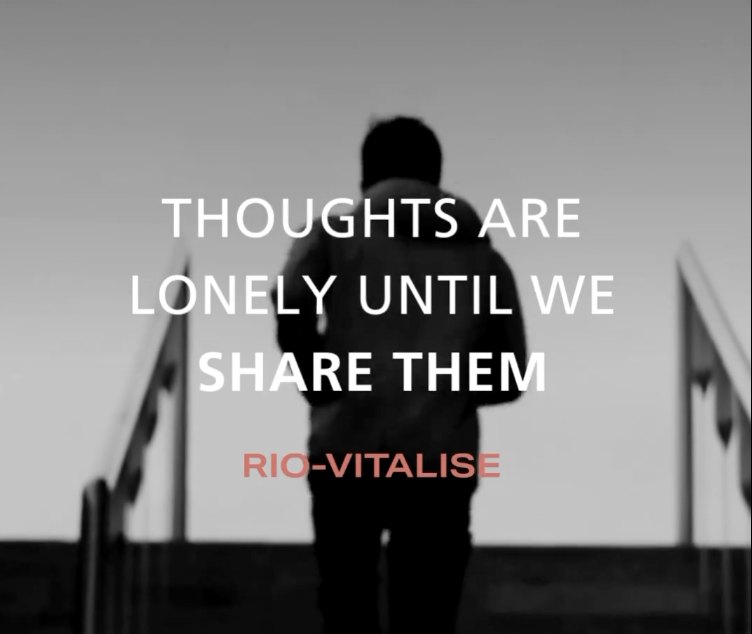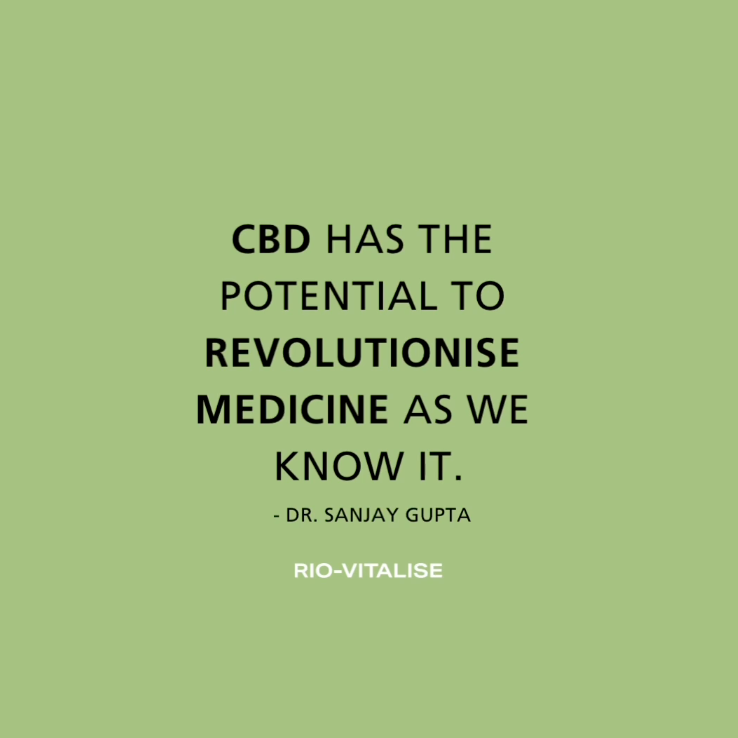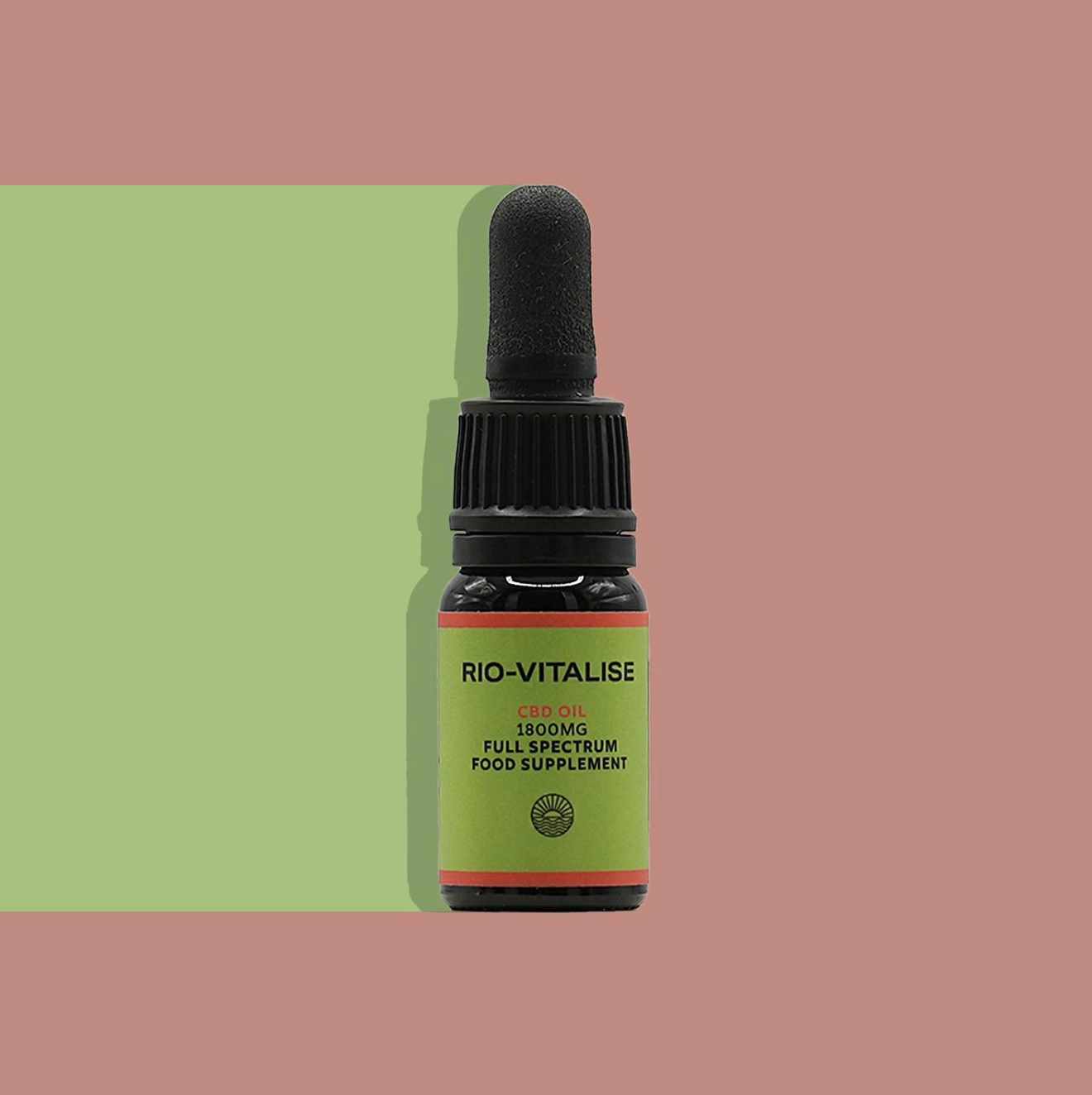The Power of Peer Support Groups for Mental Health
With a Little Help from My Friends: The Magic of Mental Health Peer Support Groups

Navigating life's challenges can feel like trekking through a jungle with a butter knife. But what if you had a team of fellow explorers by your side, sharing their machetes and maps? Enter peer support groups—a lifeline for those seeking connection and understanding.
Strength in Numbers
Peer support groups bring together individuals facing similar mental health challenges. Sharing experiences in a safe, non-judgmental space can reduce feelings of isolation and provide practical coping strategies. It's like group therapy, but with more high-fives and fewer clipboards.
The Science Backs It Up
Research indicates that participation in peer support groups can lead to improved mental health outcomes, including reduced symptoms of depression and anxiety. Knowing you're not alone in your struggles can be incredibly empowering.
Finding Your Tribe
Whether it's an in-person meetup or an online community, there's likely a group that fits your needs. Organizations like the National Alliance on Mental Illness (NAMI) offer resources to connect you with local support groups. Remember, reaching out is a sign of strength, not weakness.
In conclusion, enhancing mental health is a multifaceted journey, and these approaches offer various pathways to well-being. Whether you're exploring CBD, lacing up your running shoes, sitting in meditation, practicing breathwork, or connecting with peers, the most important step is the one you take toward caring for your mind. After all, as the saying goes, "You're not stuck in traffic; you are traffic.

